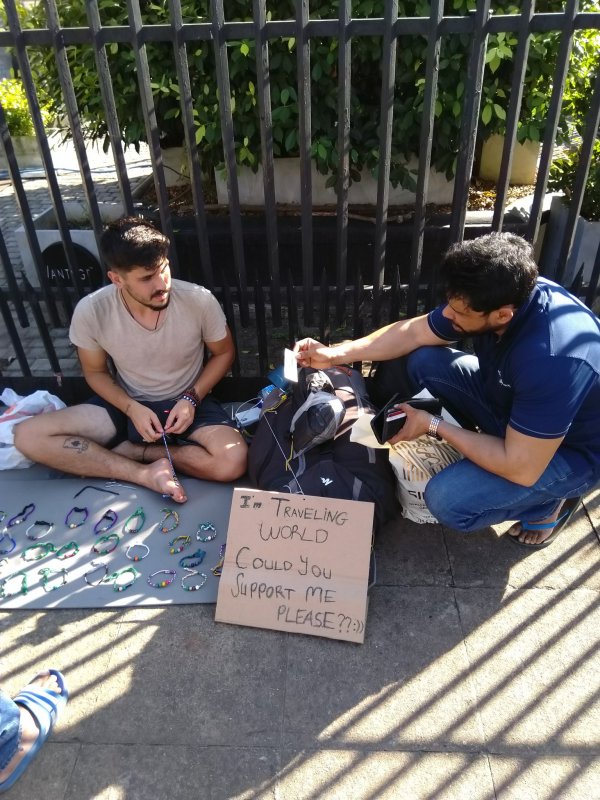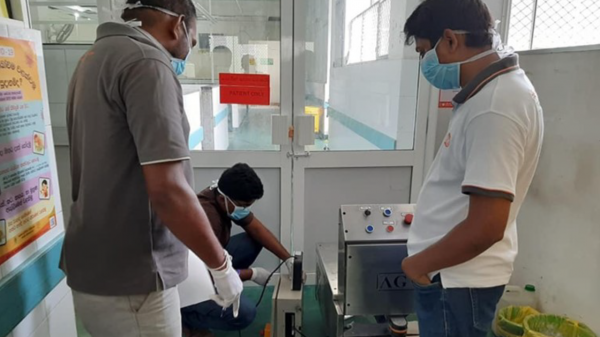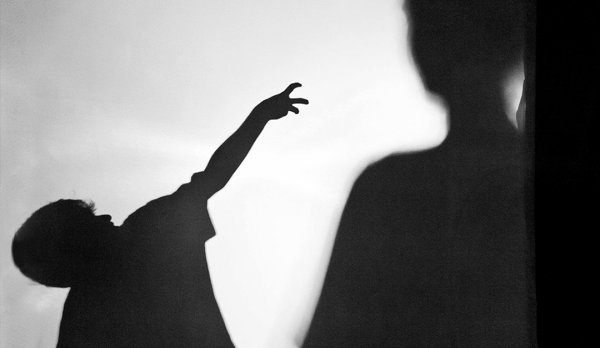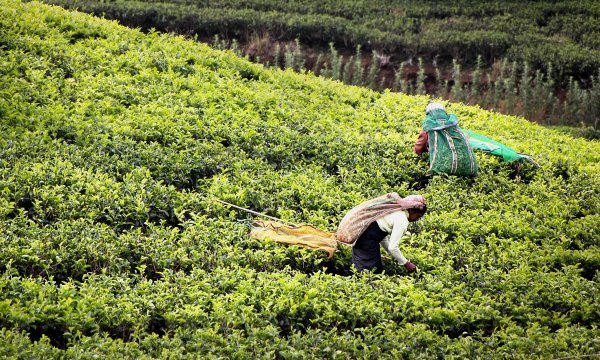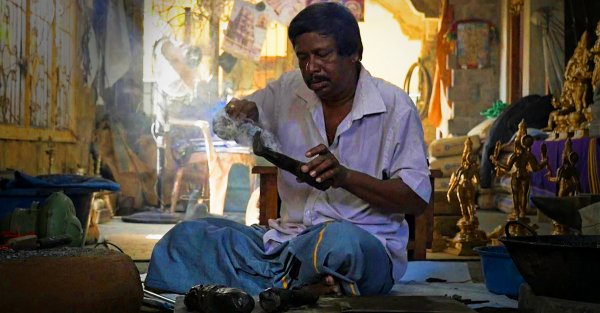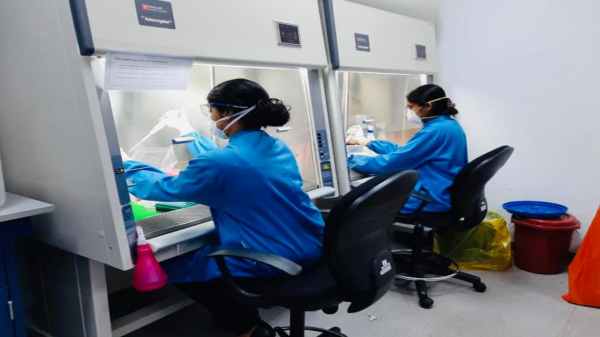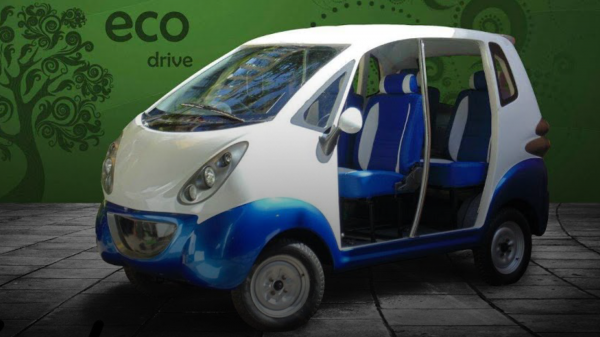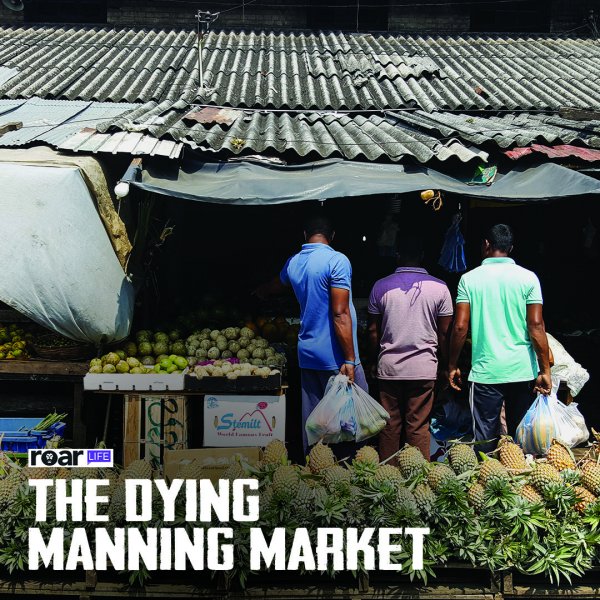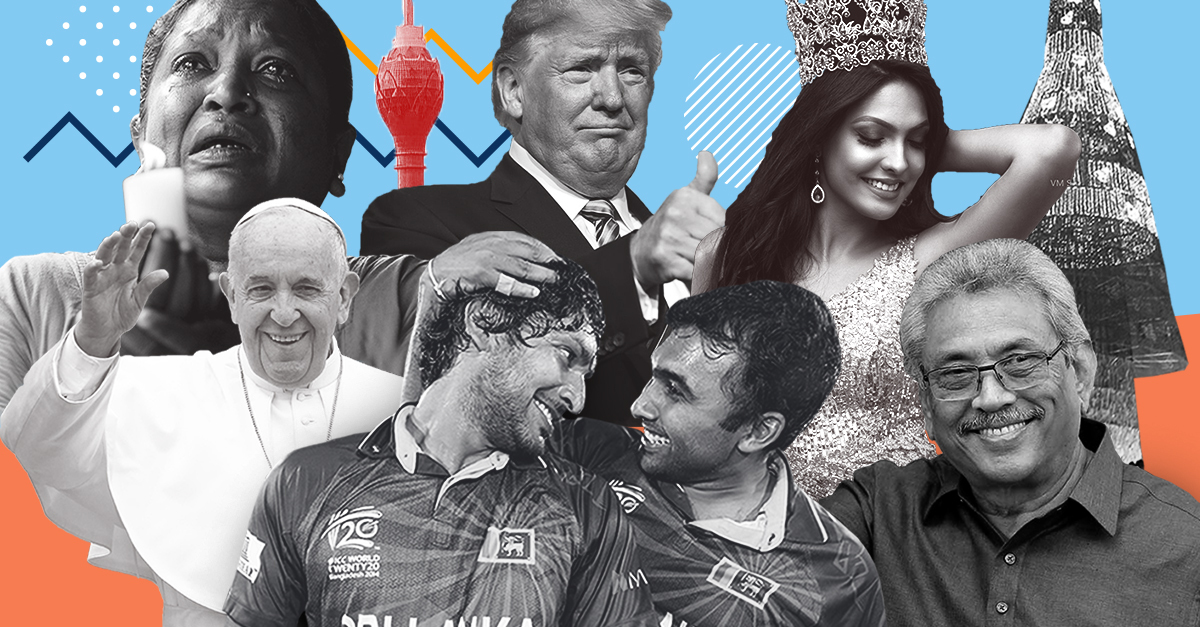
A decade has come to an end, and as we step into a new one, we must stop to reflect on the past; to savour the glory of victory and grieve from the bitterness of loss. The last decade has brought great changes to our world and challenged us to grow; to understand diverse perspectives, to enlarge borders, to increase communication and to come together as a global community.
Although a small island, Sri Lanka is not immune to the events that impact the world—as will become evident in the summary below. We’ve also been buffeted by crises of our own but soared with the triumph of hard-earned victories. If anything, the last decade is a testament to our resilience as a nation and an assurance to our ability to both endure and flourish in the future.
Here’s a recap of the events of the past decade, from 2010 to 2019.
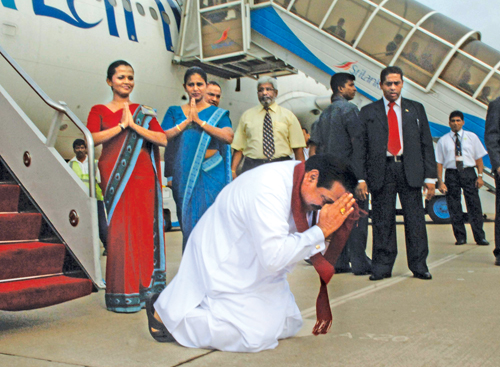
Photo credits: Daily News
In The Beginning: 2010
For Sri Lanka, the decade began with the dawn of peace. Just the year before, in May 2009, the three-decade-long civil war that had ravaged the country came to a decisive end, when the Sri Lankan government led by (then) President Mahinda Rajapaksa, crushed the separatist terrorist organisation, the LTTE.
At the January 2010 election, Rajapaksa was re-elected President, riding on the popularity and status he acquired for ending the war.
Despite the victory, Sri Lanka continued to be dogged at international fora on allegations of human rights violations perpetrated at the end of the war. The government of Sri Lanka has maintained, however, that the end of the war was a humanitarian effort to rescue civilians trapped by the LTTE.
Cyclone Jal, the fifth of the fourth Severe Cyclonic Storm of the 2010 North Indian Ocean cyclone season caused torrential rains and flooding in Sri Lanka, affecting around 80, 000 persons. The 2010 North Indian Cyclone Season was the most intense tropical cyclone season in the North Indian Ocean since the 1998.
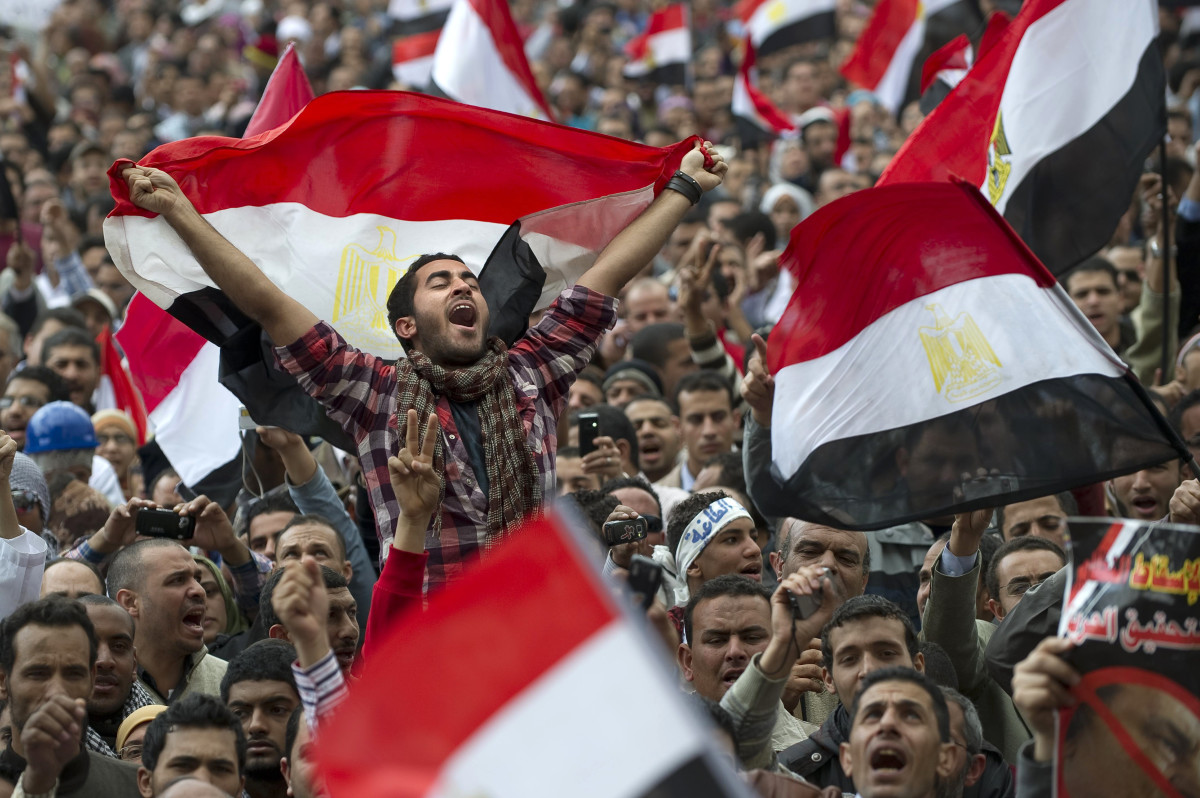
Photo Credits: history.com
In 2011
Unrest in the Arab world due to political disorder and economic instability saw in the Arab Spring, a series of public uprisings in Tunisia, Egypt, Bahrain, Yemen, as well as civil wars in Libya and Syria. The tumultuous events that began in January 2011 had a major impact on intra-regional politics but also exposed the convergences of interest between global powers, the United States and Russia.
In Sri Lanka, there was a ‘significant indirect impact on trade via escalating oil prices’, with the Institute of Policy Studies (IPS) pointing out that the ‘key impact on Sri Lankan trade is the adverse effect on trade balance due to high oil prices.’ The risk of the crisis spreading to other partners like Saudi Arabia and UAE was also flagged at the time, but Sri Lanka was not critically impacted.
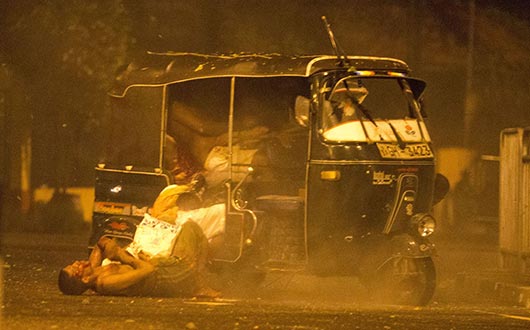
Photo credits: The Island
2012
Cyclone Nilam caused heavy rain and flooding in north-eastern Sri Lanka in October,year, killing 10 and displacing over 4, 000. The deadliest tropical cyclone to directly affect South India since Cyclone Jal in 2010, Nilam also damaged about 1, 000 houses across Sri Lanka.
A prison riot broke out at the Welikada Prison complex in November, when guards and prisoners clashed in reaction to a raid for illegal items. Prisoners took officers hostage sparking a siege that the Special Task Force of the Police responded to with tear gas and calling for more help. As many as 27 people were killed in the clash, and 40 injured.
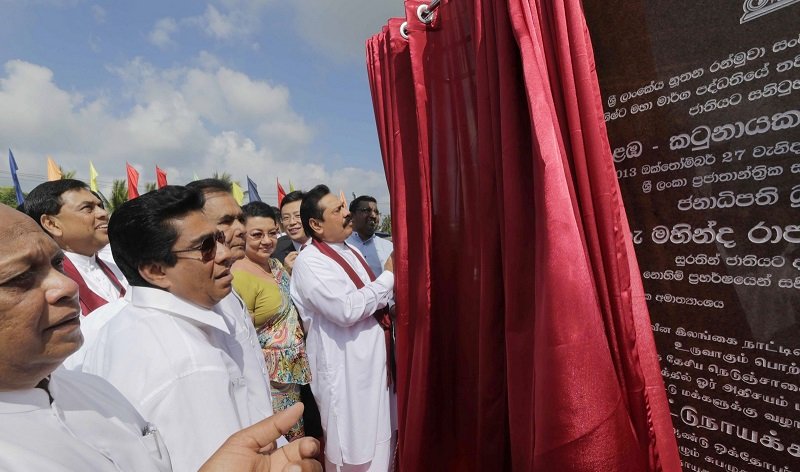
Photo credits: Sudath Silva
In 2013
The Colombo-Katunayake expressway (E03) was declared open by President Rajapaksa. The 25.8 kilometre long expressway is Sri Lanka’s second ‘E Class highway’ and links the capital Colombo with Bandaranaike International Airport in Katunayake, as well as the coastal Negombo town. Funded in part by the Exim Bank of China (USD 248.2 million of a total cost of USD 292 million, the rest funded by the government of Sri Lanka), construction began in October 2009 and the expressway was declared open in October 2013.
In November, Sri Lankan hosted the 23rd Commonwealth Heads of Government Meeting (CHOGM). The summit meeting was boycotted by the Canadian, Indian, and Mauritian Prime Ministers due to the allegations of human rights violations and alleged war crimes against the government of Sri Lanka that gained international attention during the period.
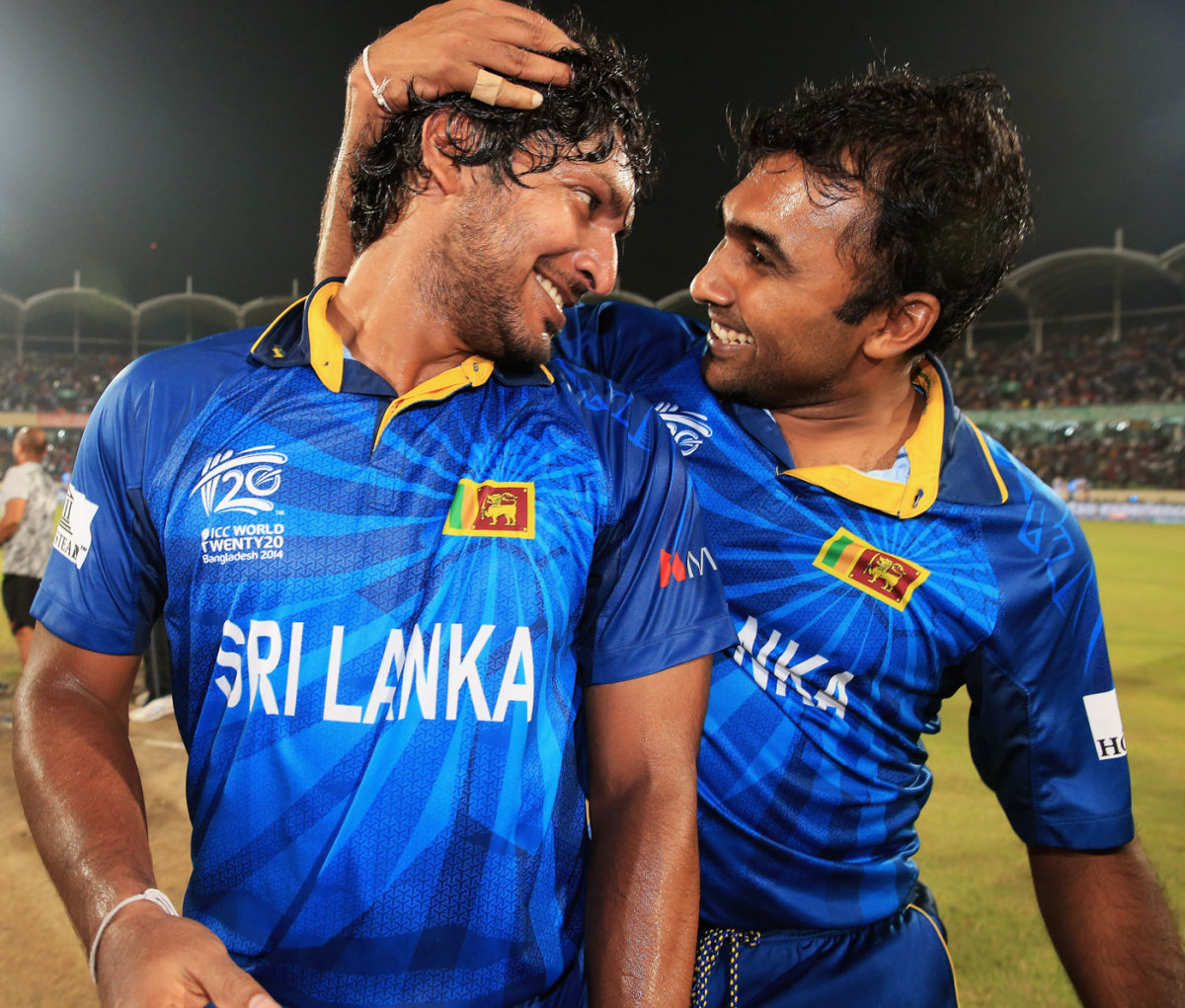
Photo credits: ICC
In 2014
The year saw great cricketing triumph after 18 years, when Sri Lanka won the maiden ICC T20 World Cup. The victory was bittersweet, however, as it was followed by the departure of two cricketing legends Mahela Jayawardene and Kumar Sangakkara from international cricket.
In 2014, Sri Lanka marked ten years since the Indian Ocean tsunami that left as many as 1, 700 dead, with beachside memorials and a ride on the restored ‘Queen of the Sea’ train that was caught to the waves. The train was decorated with Buddhist flags and Buddhist chants were played throughout the journey that traced its ill-fated course.
Construction of the Colombo International Financial City, or the Colombo Port City , on reclaimed land adjacent to the Galle Face Green also began in 2014. Funded by the China Harbour Engineering Company (CHEC), a portion of the reclaimed land is to be utilised by China, while the remainder would be used by the government of Sri Lanka.
2014 saw anti-Muslim tensions erupt in riots in the towns of Aluthgama, Beruwala and Dharga Town in the Kalutara District. At least four people were killed and 80 injured and mosques, homes, shops and factories were destroyed.
Meanwhile, instability in the Middle East saw a rise in religious extremism that manifested in the form of the Islamic State (IS), a fundamentalist organisation that carried out massive terrorist attacks around the world and erased the borders of Syria and Iraq. A multinational military intervention against the Islamic State began in 2014.
The Middle Eastern crisis also saw an influx of refugees migrating to European nations that sparked one of the most enduring crises of the Western world, an increase in identity politics and nationalism as a reaction.
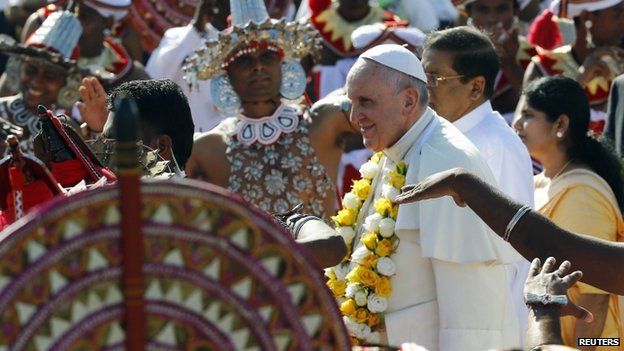
Photo credits: VOA
Then came 2015
In 2015, popular President Rajapaksa faced a devastating defeat at the hands of his one-time ally Maithripala Sirisena, who deflected at the last moment to present a united front with the United National Party’s Ranil Wickremesinghe.
The Central Bank bond scam erupted at the Central Bank of Sri Lanka, when Governor Arjuna Mahendran was accused of insider trading to benefit a company owned by his son-in-law Arjun Aloysius. The ensuing—and ongoing— case took on political proportions with accusations that Mahendran was being protected by the then government. Mahendran who absconded to Singapore is still avoiding arrest, while Aloysius was arrested in 2018.
Another event that captured the attention of the public was the visit of Pope Francis to Sri Lanka. The Pope was brought to Colombo in a special procession, and devotees lined the streets to see His Eminence, who later conducted a large service at the Galle Face Green.
The global Me Too Movement also saw a rise in popularity in 2015. The movement against sexual harassment and sexual assualt began as an online call for action but grew in proportion, taking down perpetrators across the globe. Popular figures such as actor Bill Crosby, Harvey Weinstein and R. Kelly faced charges and some even sentenced for their actions.
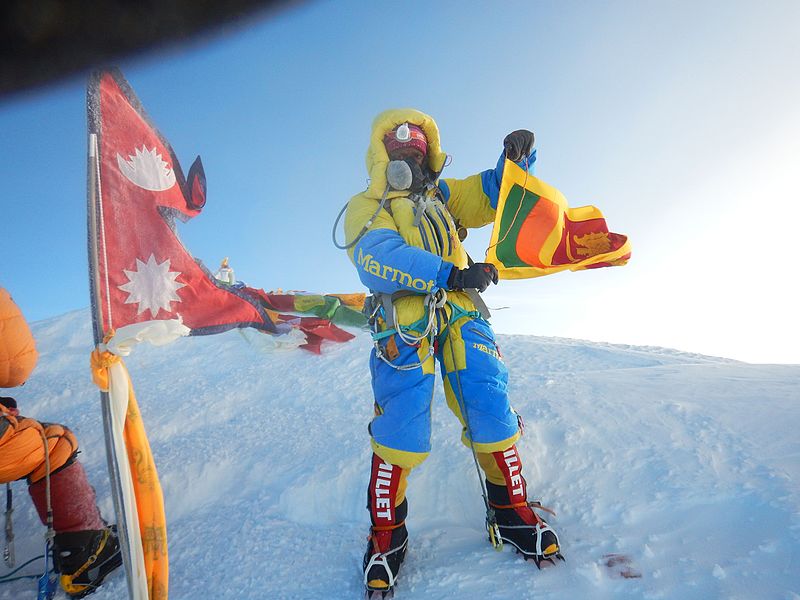
Photo credits: Jayanthi Kuru-Utumpala
In 2016
The international economic recession that began in 2007 saw its climax in 2016. It sparked a global financial crisis that resulted in the European debt crisis—the most prominent of these Brexit, which saw the United Kingdom determining to exit the European Union.
In Sri Lanka, a series of explosions occurred after a fire broke out at the Salawa Army Camp armory in Kosgama, Avissawella. The entire camp was destroyed as devastating damage was caused to houses in the vicinity. At least one person was killed in the incident.
Meanwhile, in the United States, billionaire and reality TV star Donald Trump was elected the 45th President. His style of leadership has been criticised for bringing about divisions and instability. He is also known for his frequent use of the micro-blogging site Twitter on which he posts uncensored and often inflammatory comments.
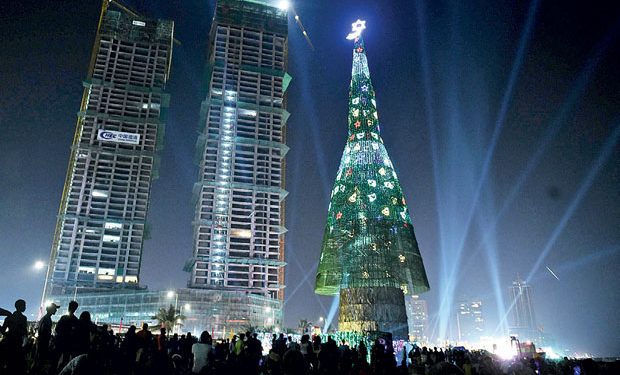
Photo credits: newsin.asia
In 2017
On Sinhala and Tamil New Years day, April 14, 2017, a portion of the Meethotamulla garbage dump collapsed burying a number of families living nearby. Official reports claimed over 20 deaths from the incident, while 1, 765 persons were affected. The incident was criticised as being the result of a failure to implement effective waste management systems.
Sri Lanka also entered the Guinness Book of World Records this year with the world’s largest artificial Christmas tree. A project led by (then) Minister of Ports and Shipping Arjuna Ranatunga, the tree was built on the Galle Face Green in Colombo at a height of 72 metres. The tree was unveiled in December 2016, but received official acceptance by the Guinness Book of World Records in 2017.
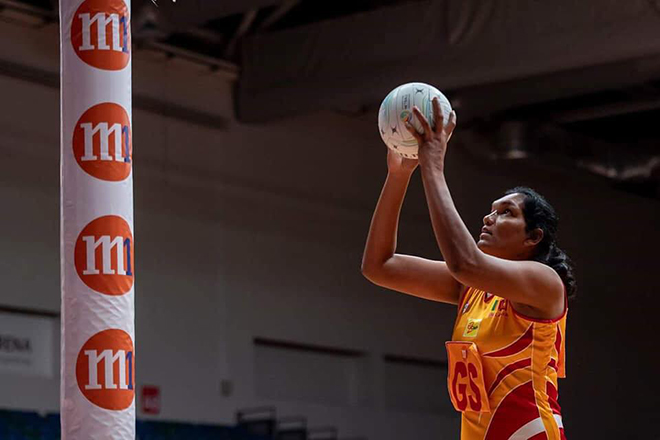
Photo credits: Lanka Views
In 2018
In 2018, Sri Lanka team won the world’s first Deaf T20 World Cup, winning all games except for one in the series. Sri Lanka also made headlines by winning the Asian Netball Championship, demolishing Singapore 69-50. The ‘world’s tallest netball player’—Sri Lanka’s Tharjini Sivalingam became a sensation for her near perfect 98 per cent shooting accuracy.
‘Sri Lankan Hulk’ Lucion Pushparaj also emerged as the world champion at the 2018 World Bodybuilding Championship (over 100 kg category) which was held in Bangkok, Thailand in December 2018—this was the first time a Sri Lankan ever won a World Bodybuilding Championship title.
The spate of anti -Muslim riots that emerged in 2014 saw a resurgence this year. Vicious riots were reported in Digana and Ampara, leading to death and destruction. Meanwhile, Dr. Hasini Jayatilaka, a postdoctoral researcher at Stanford University, was featured in the Forbes 30 Under 30 Science category for her research on a breakthrough in metastasis and cancer.
The Constitutional Crisis, also at the latter end of 2018, saw the complete breakdown of government for over 50 days when (then) President Sirisena appointed his former President Mahinda Rajapaksa as Prime Minister, even while Ranil Wickremesinghe remained in the post, resulting in the unique situation in which the country had two sitting Prime Ministers. The Supreme Court intervened and deemed the appointment of Rajapaksa unconstitutional.
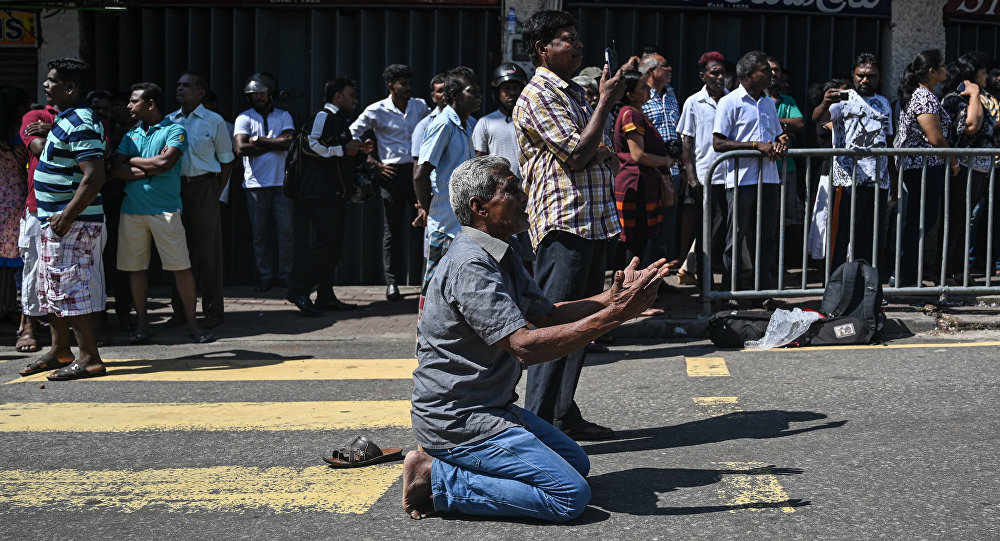
Photo credits: Mohd Rasfan/ Agence France-Presse
… And 2019
The year opened with the horror of the Easter Sunday terror attacks, the repercussions of which are still reverberating across the nation. The series of explosions that occured at three churches and three luxury hotels resulted in the deaths of over 250 people, affecting and injuring many more. This is the first terror attack Sri Lanka was exposed to, ten years since the end of the civil war.
Three weeks after the attacks, the town of Minuwangoda fell victim to anti-Muslim rioters, who attacket homes, businesses and mosques. One person was killed in the attacks.
Meanwhile, in November, former President Mahinda Rajapaksa’s brother Gotabhaya Rajapaksa swept into power as the 8th President of Sri Lanka. President Rajapaksa has vowed to remove the threat of terrorsim and instill discipline in the country.
Just before the election, in an unprecendented move, (then President) Maithripala Sirisena granted presidential pardon to controversial murder convict Jude Shramantha Jayamaha who was incarcerated for the brutal murder of 19-year-old Yvonne Jonsson. Jayamaha was also 19 at the time. The release caused a public outcry, drawing attention to the alleged privilege Jayamaha received as a result of being from a ‘prominent’ Colombo family.
Designer Nayana Ashcharya Peiris, who was blinded after falling victim to a bomb blast in 2000, was named among the BBC’s 100 inspiring and influential women from around the world this year.

Photo credits: Ceylon Today
During the latter part of the year, Caroline Jurie won the Mrs. World title for 2020 after a lapse of 35 years. She is the second Sri Lankan to win the title after the current Mayor of Colombo Rosy Senanayake won it in 1984.
Touching on the economy, Sri Lanka’s GDP grew from $56 billion in 2009 to $87 billion in 2018. While the Easter Sunday attacks dealt a major blow to the country’s economy in the first quarter of the year, the country fought back during the latter part of the year: according to the statistics released by the Department of Census and Statistics, Sri Lanka has witnessed a 2.7 percent growth in the final quarter of the year. Sri Lanka was also promoted to an upper middle income earning country from a lower middle income earning country ,according to the updated classification of the World Bank due to the increase in gross national income. The country also managed to retain the title of Lonely Planet’s top travel destination for the second year, despite the impact of the terror attacks.
At the 2019 South Asian Games, the Sri Lankan contingent won an impressive 251 medals, securing third place overall with 40 gold, 83 silver and 128 bronze medals. Meanwhile, in October, the country opened its third international airport, in Jaffna while the Lotus Tower, South Asia’s tallest man-made tower was also opened to the public this year.
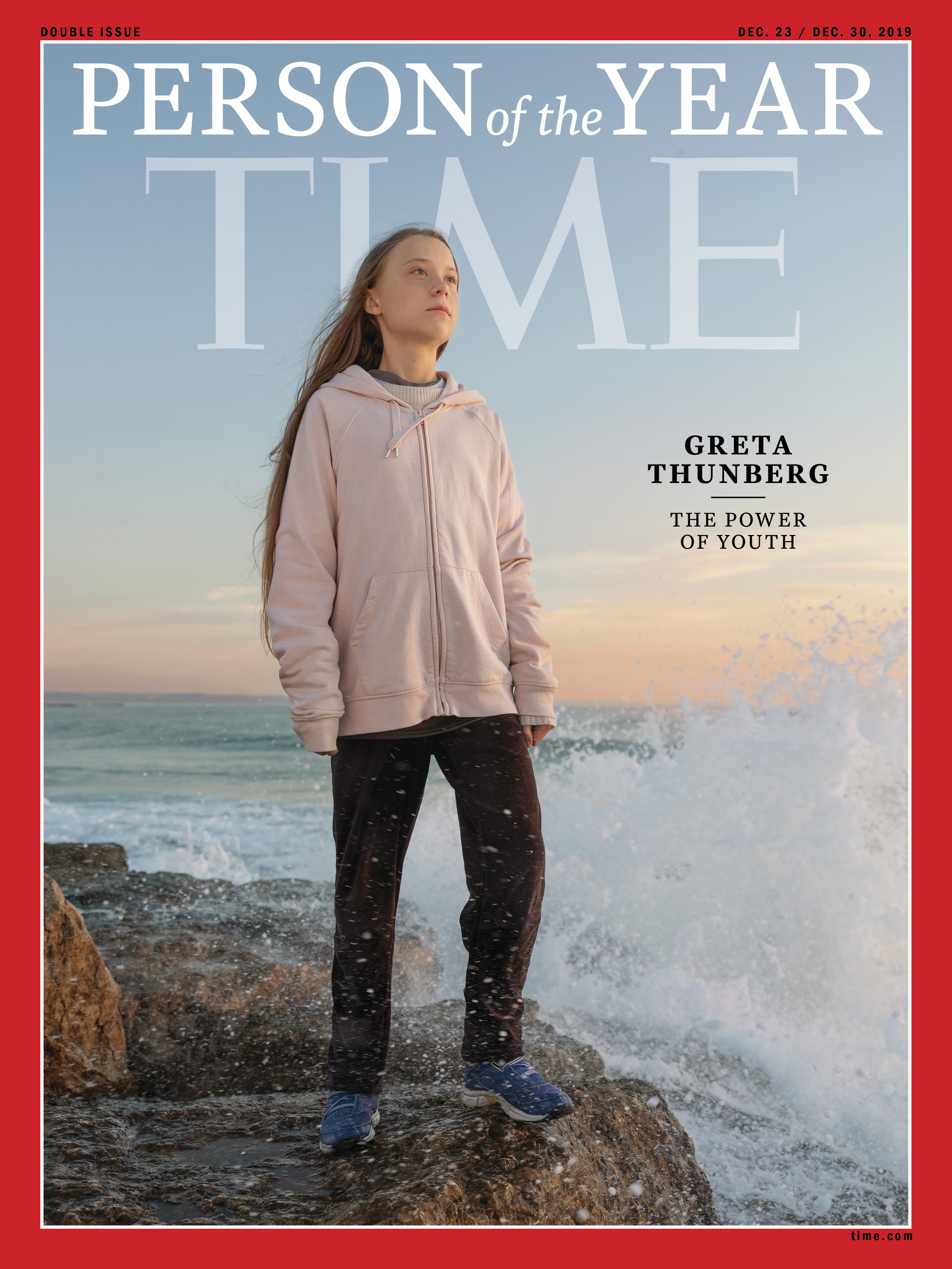
Photo credits: Time Magazine
In 2019, 15-year-old climate change activist Greta Thunberg gained widespread popularity. Climate strikes led by Thunberg, inspired similar movements around the world—even in Sri Lanka. Meanwhile, 2019 saw controversial U.S. President Donald Trump face an impeachment motion on charges of abuse of power and obstruction of Congress.
These events have dominated the last decade and will continue to make impact across the new one.
The new decade is hours away. How will you live the third decade of the new millennium? Only time will tell.

